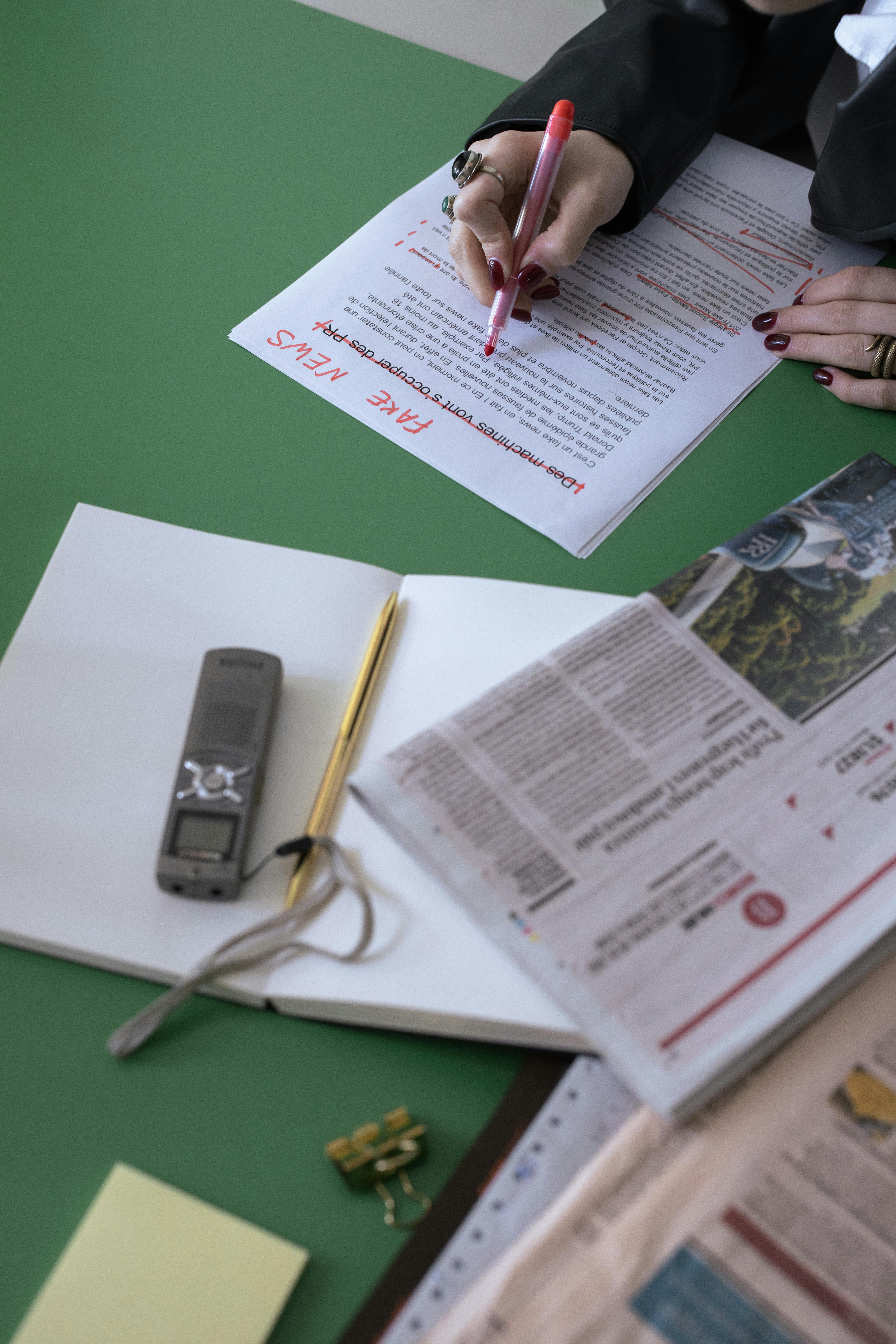Unlocking Masonic Knowledge Through Education Articles
Masonic education articles are becoming vital tools for preserving and spreading the timeless wisdom of Freemasonry. As the fraternity evolves with the modern world, the role of structured learning has grown more essential than ever. In this article, readers will explore the core principles of Masonic education, discover how to practically apply them, and understand their long-term impact on personal and collective growth.

Understanding the Fundamentals
Masonic education refers to the structured and ongoing learning process within the fraternity of Freemasonry. It emphasizes moral development, philosophical exploration, and a deeper understanding of symbolic rituals. Over centuries, it has evolved from oral tradition to written lectures and now to digital articles and resources.
These fundamentals matter because they form the backbone of personal growth in Freemasonry. Through education, Masons refine their virtues, strengthen their lodges, and contribute to society. Think of it as the light that guides a traveler through a dense forest — illuminating every step forward.
1.1 The Role of Symbolism in Freemasonry
Symbolism is a cornerstone of Freemasonry. Each tool — from the square and compass to the trowel — holds deep philosophical meaning. For instance, the square teaches morality, while the compass encourages self-restraint and balance.
These symbols are not mere decorations; they serve as daily reminders of values and ethical conduct. A common misconception is that Masonic symbols are archaic or mysterious, but in truth, they are universal metaphors for living a righteous life.
1.2 The Value of Historical Teachings
Historical teachings in Freemasonry connect present members with centuries of brotherhood, struggle, and enlightenment. Unlike general history, Masonic teachings offer spiritual and philosophical lessons that remain relevant.
Case in point: studying the Enlightenment-era lodges reveals how Masons contributed to social reform and intellectual freedom — proof that Masonic principles transcend time.
Practical Implementation Guide
Understanding theory is only half the journey. The next step is applying the lessons from masonic education articles in real lodge settings. By taking consistent, structured action, members can see measurable improvements in both personal and lodge development.

2.1 Actionable Steps
- Identify Focus Areas: Choose topics like Masonic symbolism, historical figures, or ethics. Tailor content to your lodge’s level of experience and interest.
- Gather Resources: Use books, podcasts, and reputable masonic education articles to curate content. Always cross-check for credibility.
- Create a Learning Schedule: Plan monthly or bi-weekly discussions. Assign readings and encourage members to lead different segments.
2.2 Overcoming Challenges
Common hurdles include member disinterest, limited resources, and time constraints. To overcome them:
- Make sessions interactive and relevant to real-life scenarios
- Rotate facilitators to foster inclusion
- Use online forums or group chats to keep momentum between meetings
Expert tip: Align sessions with Masonic events or anniversaries to boost engagement and context.
Advanced Applications
Once foundational knowledge is solidified, lodges can explore advanced masonic education articles to deepen understanding. These advanced applications are ideal for experienced Masons or those in leadership roles, providing broader perspectives and stronger analytical tools.

3.1 Integrating Esoteric Knowledge
Advanced Masonic education explores esoteric traditions, Kabbalah influences, and hermetic principles. One lodge used this method to uncover the deeper meanings behind the tracing board, enriching their ritual work and member involvement significantly.
Performance indicators showed increased attendance, deeper engagement, and improved ritual accuracy.
3.2 Interdisciplinary Learning
Masonic teachings align well with psychology, philosophy, and leadership studies. Incorporating these subjects provides a multi-dimensional learning experience.
Compatibility should be carefully assessed to maintain Masonic integrity while enhancing relevance for modern audiences.
Future Outlook
As Freemasonry embraces digital transformation, masonic education articles will play a larger role in onboarding new members and retaining long-term engagement. Emerging trends include virtual lodges, AI-guided study plans, and blockchain-based credentials.
To prepare, lodges should invest in digital infrastructure, encourage inter-lodge collaboration, and train members in digital literacy. Staying ahead ensures both preservation and progress.
Conclusion
Here are the key takeaways:
- Masonic education articles offer accessible and scalable learning
- They reinforce symbolism, tradition, and moral values
- Practical implementation enhances both personal and lodge development
Start by assessing your lodge’s educational needs, then curate high-quality masonic content tailored to your goals. The journey of enlightenment begins with a single lesson — so make that lesson count.
Call to Action: Begin your lodge’s transformation today through dedicated education. Consider forming an Education Committee or launching a study circle this month.
Frequently Asked Questions
- Q: What are masonic education articles? They are structured writings that explain Freemasonry’s values, rituals, and philosophy in an accessible way.
- Q: How do I start using these articles in my lodge? Begin by selecting relevant topics and scheduling regular discussions around them.
- Q: How much time should members commit? Typically 1-2 hours per month, depending on article length and discussion depth.
- Q: Are there costs involved? Most resources are free, though premium books or journals may cost between $10-$50 each.
- Q: How do these compare to traditional lectures? Articles offer flexibility and are easily shared digitally, while lectures often require more formality.
- Q: Are they difficult to understand? Most are written in plain language, with complex concepts broken down — ideal for all levels of Masons.
- Q: Can they be used in specific professions? Yes, especially for educators, historians, or leadership trainers seeking ethical frameworks or symbolic depth.

